Germany's heavy (and problematic) dependence on Russian gas
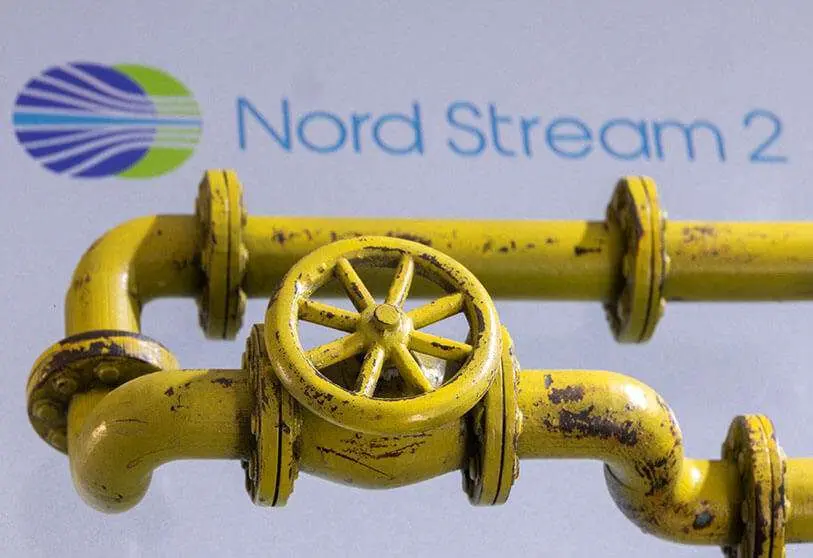
In 1970, following Chancellor Willy Brandt's Ostopolitik policy of rapprochement between West Germany and the countries of Eastern Europe, Bonn, then capital of the FRG (Federal Republic of Germany), reached a historic agreement with Moscow. In this treaty, signed by the Trade Ministers of the two countries, Nikolai S. Patolichev and Karl Schiller, the FRG and the Soviet Union agreed to cooperate in the energy sector, in particular in the flow of Russian natural gas.
Bonn agreed to extend the Transgas pipeline with 1.2 million pipelines, while Moscow pledged to send gas to the country for a period of 20 years from 1973. The New York Times called the deal "one of the biggest trade agreements between the two countries". The American newspaper was not wrong, for with that meeting in the German city of Essen, the strong economic and commercial ties between the two countries that continue to this day began to flourish.
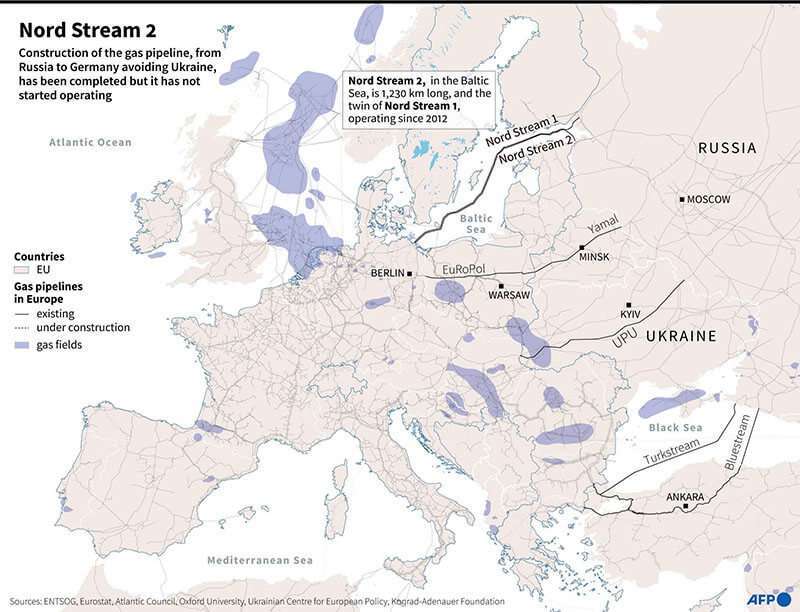
However, these ties are not without controversy. Already during the Cold War, then US President John F. Kennedy imposed an embargo on the Druzhba pipeline that carried gas from the Russian city of Samara to Europe. Washington pressured its allies, especially Bonn, to join the blockade. Despite Kennedy's attempts, the pipeline began operating in 1964. Ronald Reagan was another US leader who urged Germany to reduce its dependence on Russian gas in the 1980s, as Bonn began to prioritise gas as an energy source during the 1973 oil crisis.
This American concern about European dependence on Russian gas continues today. The previous US president, Donald Trump, placed the controversial Nord Stream 2 pipeline at the centre of the controversy, even provoking tensions with Angela Merkel's German government. His successor, Joe Biden, decided to allow the pipeline to be completed in July 2021. However, since Russia began deploying troops on the Ukrainian border at the end of last year, Washington has once again placed Nord Stream 2 in the eye of the storm.

This pipeline not only creates international discord, but also confronts Germany internally. Currently, the approval process for the project is at a standstill due to Russia's invasion of Ukraine. However, before Moscow's military aggression, when tensions between NATO and Russia were rising daily due to the presence of Russian troops on the Ukrainian border, there were members of Olaf Scholz's government who called for separating political issues from the pipeline. "We should not drag Nord Stream 2 into this conflict", German Defence Minister Christine Lambrecht declared in mid-January.
Although the president of the state of Mecklenburg-Western Pomerania, Manuela Schwesig, has undoubtedly been one of the most vocal supporters of the pipeline in Germany. Nord Stream 2 would bring economic benefits to the region as the pipeline ends there. For this reason, as Schwesig said in January last year, "those who are trying to stop the pipeline are wrong". "No one working on the pipeline is making a mistake," he added.

However, due to the current developments in Ukraine, "Schwesig has no choice but to go along with the sanctions policy of the federal government", according to DW journalist Sabine Kinkartz. Despite the measures against the pipeline, Kinkartz says that "secretly" there is still hope in Mecklenburg that Nord Stream 2 will one day be able to operate. "Nord Stream 2 is still there. Frozen, but ready to be revived. In this way, the Social Democrat Scholz also avoids unpleasantness within his own party," adds Schwesig.
For the time being, Schwesig has sought to dissociate himself from Moscow and Russian companies, claiming that he has "never" had a conversation with Russian President Vladimir Putin. The politician has also taken legal action against Christoph Ploß, a member of the Christian Democratic Union (CDU). Ploß claimed that Schwesig had declared with regard to Ukraine that she was not interested in violations of international law, but that "the most important thing for her is that Nord Stream 2 is put into operation". Such statements have been denied by the President of Mecklenburg-Western Pomerania.

Even Andrij Melnyk, the Ukrainian ambassador in Berlin, responded with the phrase "hypocrisy stinks" to a tweet by Schwesig expressing solidarity with Ukraine.
Continuing to plead for the Russian-German gas pipeline, Schwesig has also dissolved the Mecklenburg-Western Pomerania Climate and Environmental Protection Foundation. This Gazprom-funded institution, set up to support the construction of Nord Stream 2, has been criticised for concealing some of its activities and its Russian backers.
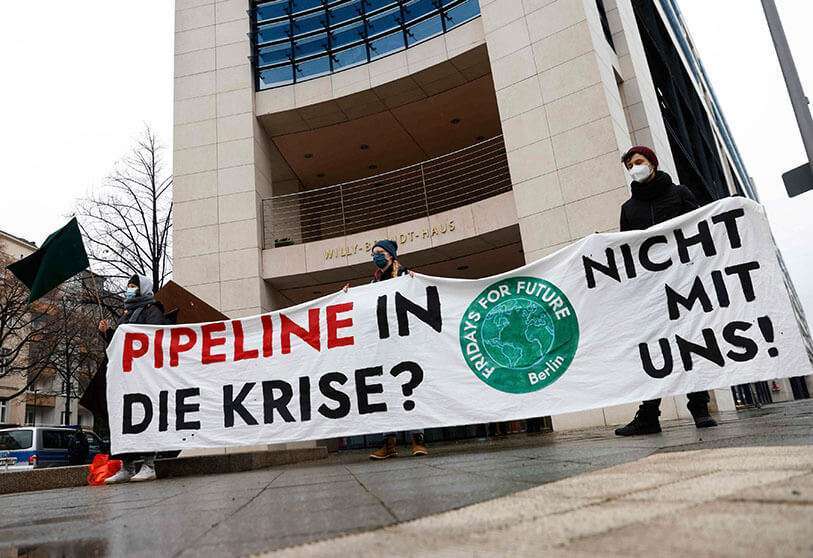
"The Mecklenburg-Western Pomerania Foundation for Environmental and Climate Protection continues to omit its links to the Russian state-owned gas company Gazprom in its entry in the Transparenzregister, Germany's register of beneficial ownership of companies," Transparency International reported in February. On the other hand, Stephan K. Ohme, a financial expert at the transparency organisation in Germany, says the foundation hides "its true control and ownership structure, probably in violation of the EU anti-money laundering directive and German law".
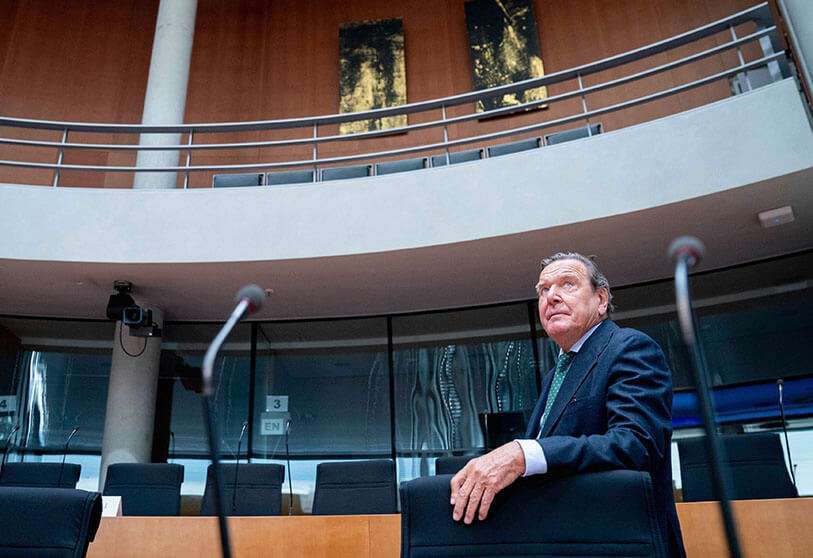
However, Schwesig has not been the only political authority criticised for his relations with Moscow. Former chancellor Gerhard Schröder finds himself in a similar situation. The Social Democrat chairs the board of directors of the Nord Stream gas pipeline and the supervisory board of the Russian oil company Rosneft. He is also nominated to join the board of Russian oil giant Gazprom.
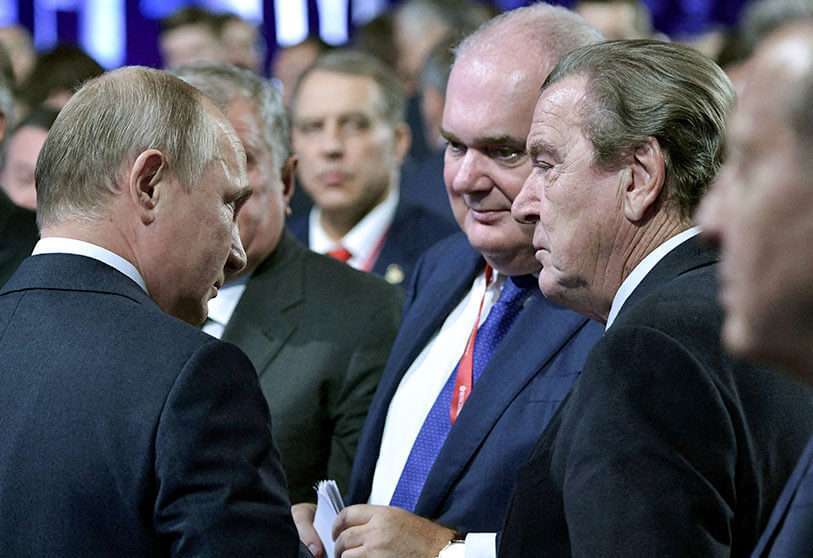
Because of his close ties to Russia and his known friendship with Putin, ten Democratic Party leaders have urged the former chancellor to sever those ties. "It is up to you, dear Gerhard, to decide whether you want to remain a respected Social Democrat," the letter signed by the politicians reads, according to EFE.
Germany's ties with Russia go beyond politics and economics and even extend to sport. German football team Schalke 04 has broken its contract with Russian giant Gazprom following the offensive on Ukraine. The deal with Gazprom ran until 2025 and guaranteed the club 9 million euros a year.

The war in Ukraine has forced Germany to rethink its energy supply. It has also highlighted the problem of Europe's dependence on Russian gas at a time when the US has banned gas and oil imports from Russia while pressuring its European partners to follow suit.
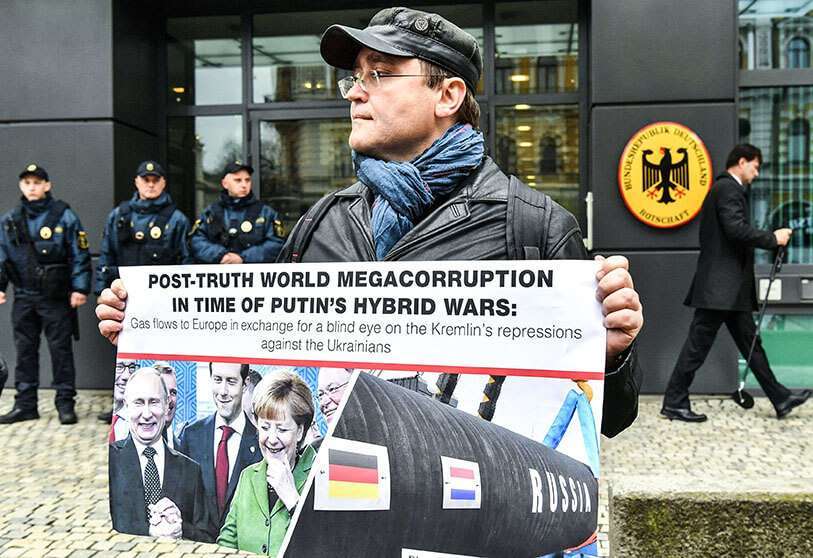
Brussels, for the time being, has not decided to take the same decision, although it has called on Europeans to "decrease dependence on those who attack Ukraine". "Turn off the gas in your homes. Let us engage more in collective defence", urged Josep Borrell, head of European diplomacy.









